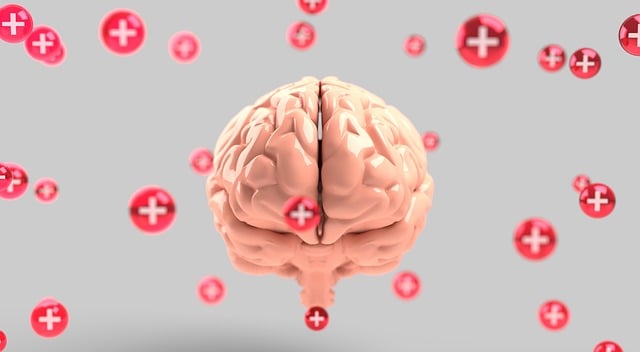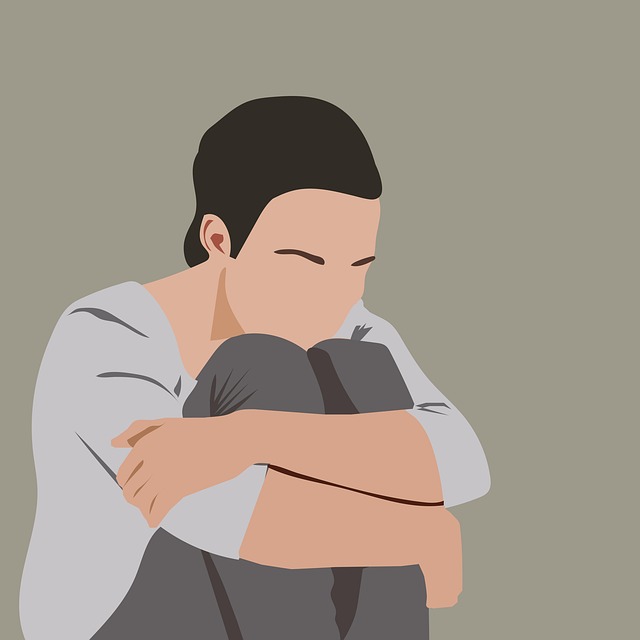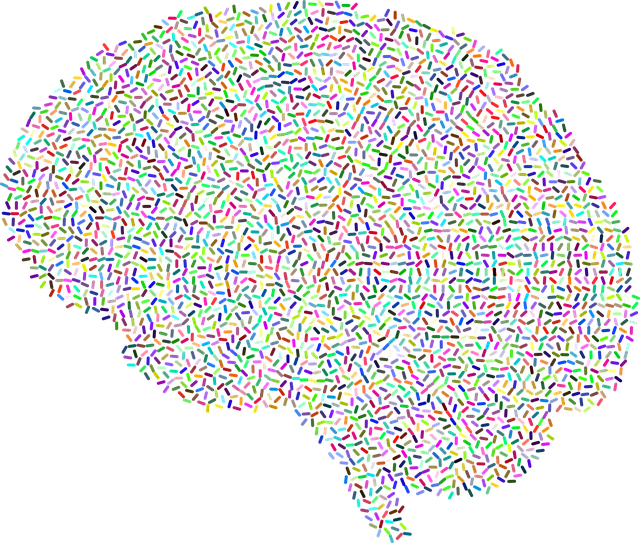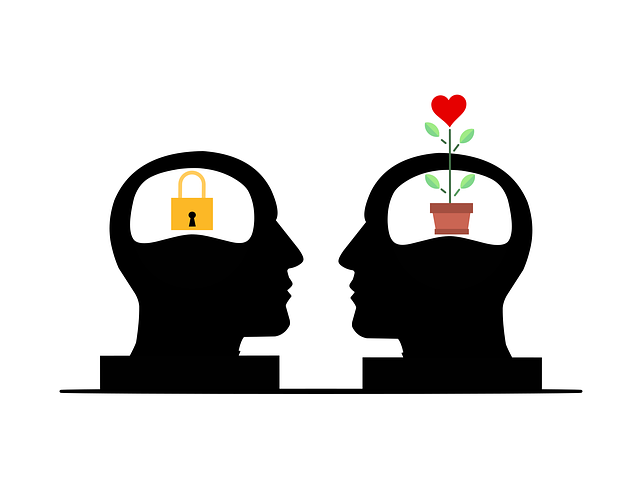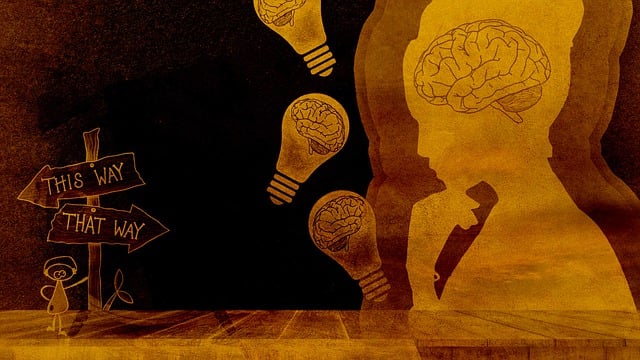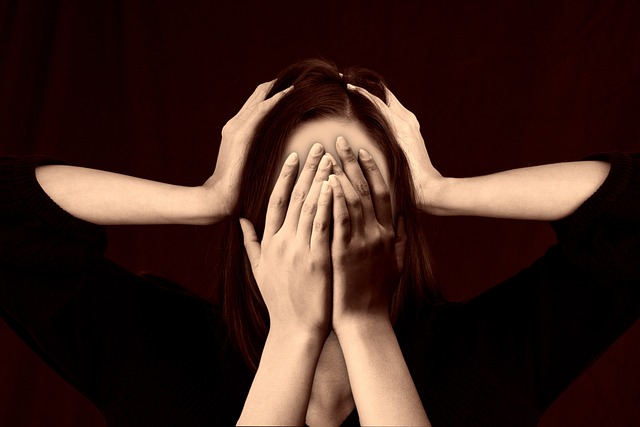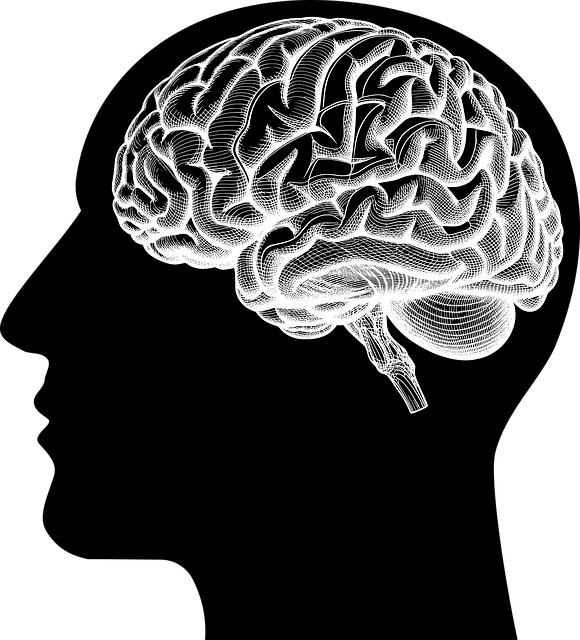Lafayette couples face unique mental health challenges tied to communication breakdowns exacerbated by lifestyle pressures and limited access to specialized therapy. A comprehensive solution includes multi-faceted strategies: public awareness campaigns normalizing open dialogue, mental wellness podcasts, risk assessment tools for professionals, and a culturally sensitive education program tailored to the community's diverse needs, focusing on communication skills, stress management, and crisis intervention.
In Lafayette, addressing communication issues in couples therapy is a critical need, as mental health challenges often go unnoticed or unaddressed within relationships. This article explores the strategic design of a comprehensive education program tailored to improve communication and overall mental well-being among Lafayette’s couples. By assessing local needs, incorporating effective therapeutic practices, and utilizing digital tools, the program aims to enhance accessibility and outcomes in couples therapy. Through community engagement and evaluation, this initiative promises to revolutionize mental health support for Lafayette’s residents.
- Assessing the Needs and Goals of Lafayette Couples with Communication Issues
- – Identifying common mental health challenges specific to couples in Lafayette
- – Understanding cultural and community factors that impact communication
Assessing the Needs and Goals of Lafayette Couples with Communication Issues

In Lafayette, addressing communication issues within couples is a significant aspect of mental health support. Before designing an education program, it’s crucial to assess the specific needs and goals of this demographic. Many couples struggle with miscommunication, which can lead to underlying emotional and psychological challenges. By understanding their unique circumstances, therapists can tailor interventions effectively.
A comprehensive approach involves integrating public awareness campaigns that highlight the importance of open dialogue and healthy relationship dynamics. Additionally, producing a series of mental wellness podcasts could engage Lafayette residents, offering practical tips for improving communication. This multi-faceted strategy, combined with risk assessment tools for mental health professionals, ensures a well-rounded program that caters to both individual and community needs.
– Identifying common mental health challenges specific to couples in Lafayette

In Lafayette, couples often face unique mental health challenges rooted in the dynamics of their relationships and shared experiences. One of the primary issues is communication breakdown, where misunderstandings and unspoken tensions can lead to emotional distance and even relationship dissolution. This problem is exacerbated by the fast-paced lifestyle and work-life balance struggles that are common in the community. Many couples struggle to find quality time for connection and meaningful dialogue, which are essential for mental well-being.
The local landscape of mental health services may also present barriers to Lafayette couples seeking help. Limited access to specialized couple therapy and the stigma surrounding mental health can discourage individuals from reaching out. To address these challenges, a comprehensive education program focused on communication skills, stress management, and crisis intervention guidance is needed. Implementing a Community Outreach Program that includes public awareness campaigns can facilitate open discussions about mental health, normalizing help-seeking behaviors and ultimately improving the resilience of Lafayette couples.
– Understanding cultural and community factors that impact communication

In designing mental health education programs, especially for communities like Lafayette where couples face communication issues, it’s vital to consider cultural and community factors that can impact engagement and understanding. Every community has its unique social fabric, norms, and beliefs, which can influence how individuals express and address emotional concerns. For instance, in Lafayette, a small city with a diverse population, therapists might need to adapt their approach to cater to various cultural backgrounds and languages spoken. Understanding these nuances is essential for fostering open communication, ensuring that educational programs resonate with participants from all walks of life.
Cultural sensitivity training can equip educators with the knowledge to navigate emotional healing processes in a way that respects and incorporates community values. This involves learning about local traditions, family dynamics, and power structures that might affect individuals’ willingness to seek therapy or participate in group discussions. By integrating these insights into program design, mental health initiatives can promote emotional well-being through culturally relevant techniques, such as incorporating indigenous healing practices or leveraging community leaders as advocates for resilience building among couples facing communication challenges.
In designing a mental health education program for Lafayette couples facing communication issues, it’s clear that tailored interventions are key. By assessing specific challenges and cultural nuances within the Lafayette community, therapists can create targeted workshops and resources. This approach ensures that education is accessible, relevant, and ultimately enhances interpersonal connections, fostering healthier dynamics for Lafayette couples seeking therapy.


